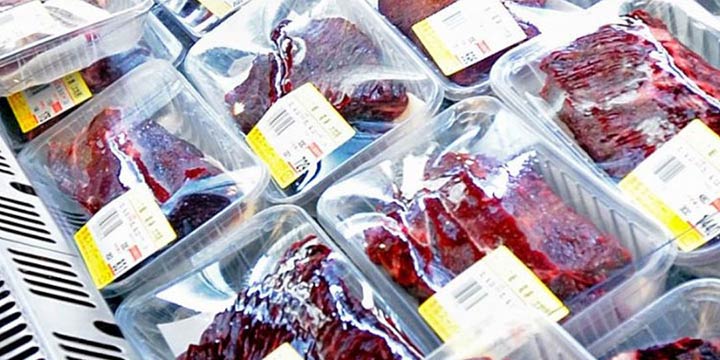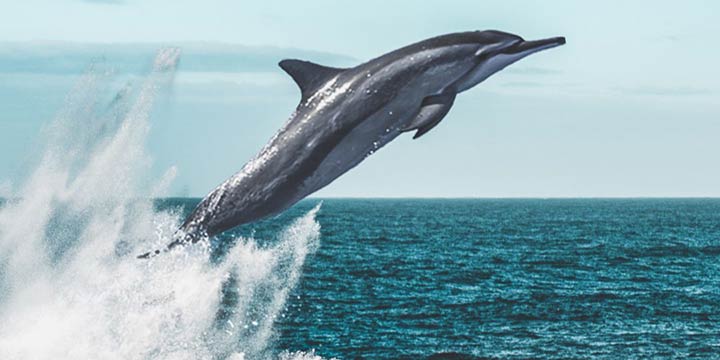Each year, in Taiji, Japan, a deeply unsettling practice unfolds from September – March.
Fishermen herd hundreds of dolphins into a confined cove, where they face a grim fate: either to be taken for a life in captivity or to be killed for their meat.
This brutal practice inflicts severe physical harm on these intelligent, sentient beings, or entraps them into a life of imprisonment.
The Taiji dolphin hunts are a global concern for dolphin lovers who want to see an end to this cruelty. Add your name to the chorus of people calling for the Taiji dolphin hunts to end.





